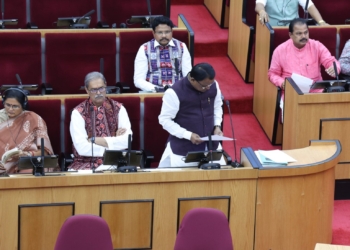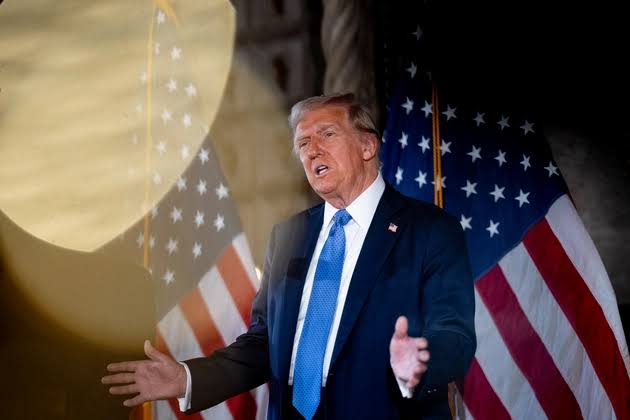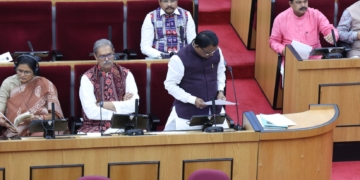US President Donald Trump suffered a legal setback on Friday after the US Court of Appeals for the Federal Circuit ruled that his sweeping tariffs imposed under the 1977 International Emergency Economic Powers Act (IEEPA) had little to no legal basis.
In a 7–4 ruling, the judges said Trump overstepped his authority by invoking emergency powers to levy tariffs on nearly every country in the world. “It seems unlikely that Congress intended to … grant the President unlimited authority to impose tariffs,” the majority opinion stated.
The ruling largely reaffirmed an earlier decision by a federal trade court in New York in May, which had also questioned the legality of Trump’s tariffs. However, the appeals court stopped short of striking them down immediately, instead allowing the administration time to appeal to the Supreme Court.
Trump had declared April 2 “Liberation Day”, when he imposed tariffs of up to 50% on trade-deficit nations and a baseline 10% tariff on nearly all other imports. Countries like India were later targeted with additional tariffs outside the trade deficit framework.
Trump’s Reaction
Reacting sharply on his social media platform Truth Social, Trump called the decision partisan and dangerous:
“If these tariffs ever went away, it would be a total disaster for the Country. It would make us financially weak … If allowed to stand, this decision would literally destroy the United States of America.”
He further indicated that his administration would challenge the ruling in the Supreme Court.
White House & Legal Response
White House spokesman Kush Desai defended Trump’s actions, insisting that the former President had acted lawfully and expressing confidence in “ultimate victory” at the Supreme Court.
Attorney General Pam Bondi echoed this stance, accusing the judges of overstepping into the President’s constitutional domain of foreign policy, and vowed to appeal the decision.
Meanwhile, the Justice Department warned that dismantling the tariffs could bring “financial ruin” to the country, given that tariff revenues have already reached $159 billion—more than double last year’s collections at the same stage.
Dissenting Opinion
Not all judges agreed with the ruling. In their dissent, four judges argued that the 1977 IEEPA law was not an unconstitutional delegation of legislative authority, noting that past Supreme Court decisions had allowed Congress to vest limited tariff powers in the President.
The case is now expected to move toward the US Supreme Court, setting the stage for a high-stakes battle over the extent of presidential powers in trade policy.





























